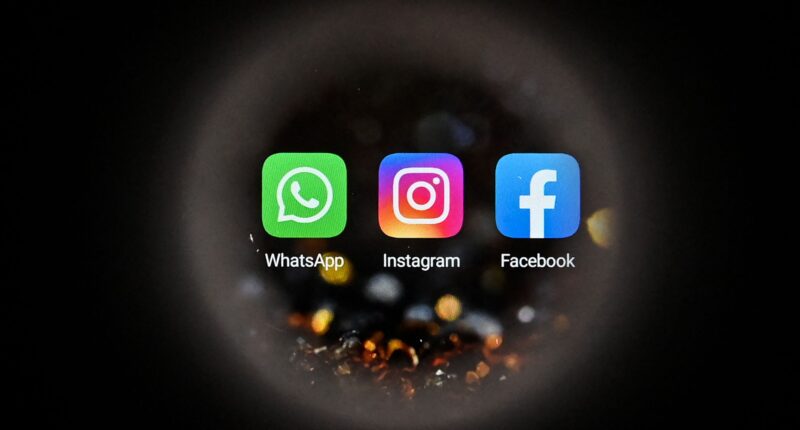NASA has warned that an “internet apocalypse” could happen within the next decade due to a massive solar storm.
A world without the internet is hard to imagine for anyone born after 1969. But it’s possible and here’s why.
Scientists at the US space agency have had this concern on their radar for years.
In 2021, Nasa sent its Parker Solar Probe, a spacecraft the size of a small car, to travel directly though the Sun’s atmosphere to trace the flow of energy and determine when solar winds speed up.
The solar cycle is the cycle that the Sun’s magnetic field goes through approximately every 11 years.
As the Sun ages through the solar maximum of cycle 25 – the stage we’re at now – the frequency and strength of solar flares and coronal mass ejections grow more powerful.


These are expected to peak sometime in 2025.
Solar flares are streams of electromagnetic energy hitting Earth, and happen fairly frequently without causing any threat.
For example, solar flares are when we see Aurora in the sky, and experience satellite or Freeview TV signals disruption.
However, a strong solar storm – which is more likely when the Sun is in its current cycle – could completely dismantle the world’s connection to the internet.
Most read in Tech
In 1859, records suggest an intense geomagnetic storm created Auroras all across the world, which became known as the Carrington Event.
If a flare of this strength were to strike Earth today, the effects could result in a worldwide blackout and severely damage communications systems.
In this event, people could be forced to go offline for months or even years.
A report published in 2021, conducted by Sangeetha Abdu Jyothi of UC Irvine in California, warned of a catastrophic solar storm occurring within the next 10 years.
The study found there to be a 12 per cent chance of a months-long internet blackout in the next decade.
An internet blackout would mean no more social media, but that’s just the tip of the iceberg.
It would almost certainly have devastating effects on humanity in the 21st Century, which has grown dependant on technology for communications, security, healthcare, food and much more.
But Nasa believes the Parker Solar Probe (PSP) relayed vital clues that could help mitigate its effects, including an “internet apocalypse”.


Findings from the probe published yesterday will help predict solar storms in the future, according to researchers.
Not only the ones that produce dazzling Auroras, but also ones that have the capacity to shut off entire energy grids.
Best Phone and Gadget tips and hacks

Looking for tips and hacks for your phone? Want to find those secret features within social media apps? We have you covered…
We pay for your stories! Do you have a story for The Sun Online Tech & Science team? Email us at [email protected]










